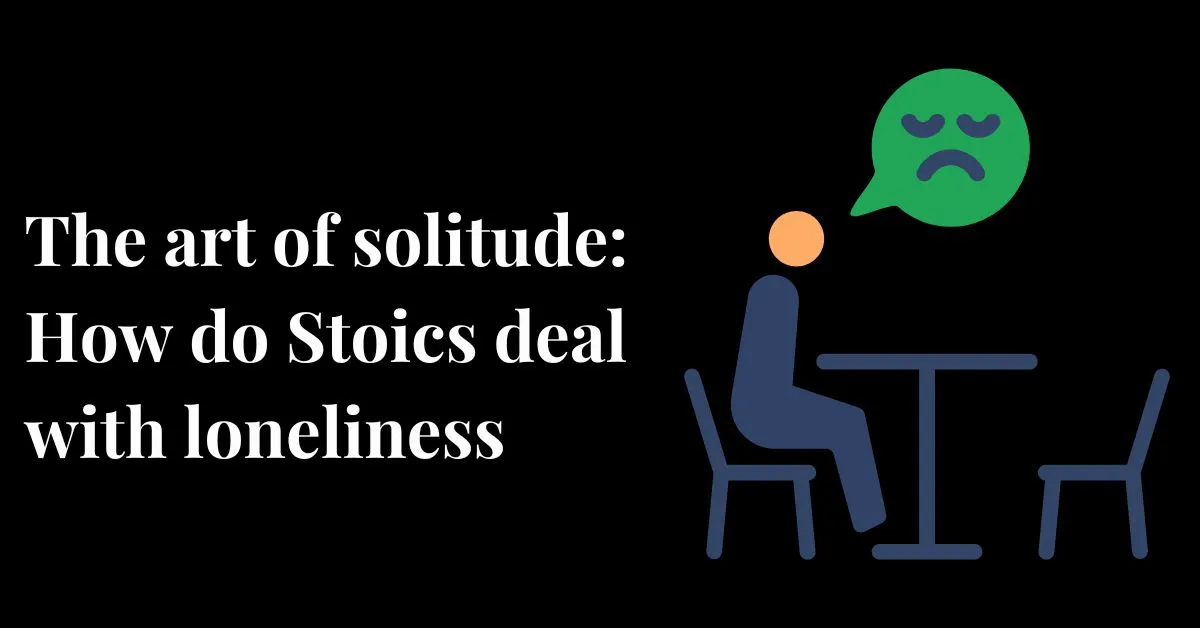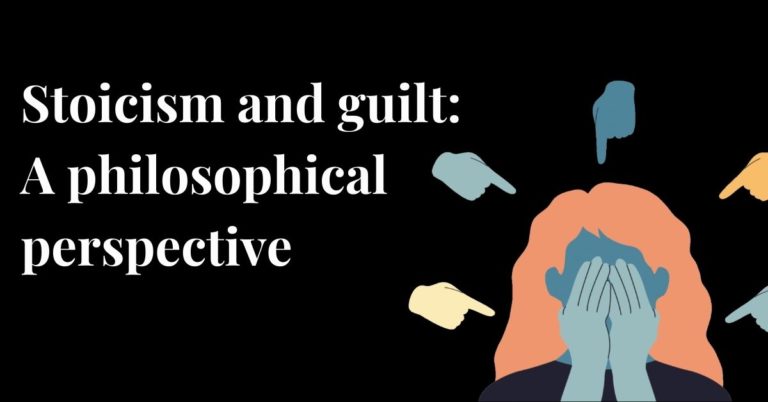Reclaim your joy: 5 Stoic ways to let go
Letting go is incredibly difficult.
Whether it’s moving on from a job, friendship or hobby, it takes a lot of willpower and courage to pull the trigger. We’ve already explored some of the signs that it’s okay to give up and why it you may give up so easily. But how can we use Stoic philosophies to let go? Discover these five methods:
- Practicing acceptance
- Cultivating gratitude
- Focusing on the present moment
- Reframing your thoughts
- Embracing simplicity
Are you eager to learn how Stoic philosophies can help you release what no longer benefits you? Continue reading to discover the answer.
Table of Contents
Practicing Acceptance
Acceptance is a key principle in Stoicism
It involves acknowledging the reality of our situation, no matter how difficult it may be. It’s about embracing the present moment and accepting what we cannot change. It doesn’t mean resigning to fate or giving up, but rather, facing reality head-on and embracing it with an open mind and heart.
It allows us to free ourselves from negative emotions such as anger and frustration. When we resist reality, we only add to our own suffering. By accepting reality we can see things as they truly are, rather than through the lens of our own expectations and desires.
Cultivate Gratitude
Gratitude is the practice of acknowledging and appreciating the good things in life, no matter how small they may be.
It has numerous benefits for mental and emotional well-being such as:
- Reducing stress
- Improving mood
- Increasing resilience
Practicing gratitude can help to diminish negative emotions by allowing us to focus on the positive aspects of life, rather than dwelling on the negative.
Focus on the Present Moment
Mindfulness is the practice of being present and aware in the moment.
It involves focusing on your thoughts, feelings, and sensations without judgment. Living in the present moment is crucial in Stoicism as it allows you to be fully present and engaged in your life, rather than dwelling on the past or worrying about the future.
Mindfulness helps to reduce stress and anxiety by allowing you to focus on the present moment, rather than worrying about the future or ruminating on the past.
Reframe Your Thoughts
Negative thoughts can be limiting and can prevent us from experiencing joy and happiness.
These thoughts can range from self-doubt and insecurity to feelings of frustration and disappointment. It’s important to recognize and acknowledge these thoughts, and to understand their impact on our emotions and well-being.
Reframing your thoughts involves changing the way you think about a situation or experience. Instead of focusing on the negative aspects of a situation, you can shift your focus to the positive and look for the silver lining.
Embrace Simplicity
Simplicity refers to the practice of living a life that is uncluttered and focused on what truly matters.
This means reducing or eliminating distractions, material possessions, and unnecessary complexities in our lives. Simplicity is an important aspect of Stoicism as it helps us to focus on what is truly important and to let go of materialistic desires that distract us from experiencing joy and happiness.
Conclusion
In conclusion, practicing acceptance, gratitude, mindfulness, reframing thoughts, and embracing simplicity are some of the Stoic ways to let go. By doing these things, we can reduce stress, improve our mood, increase resilience, and experience greater joy and happiness amidst the challenges of daily life.






